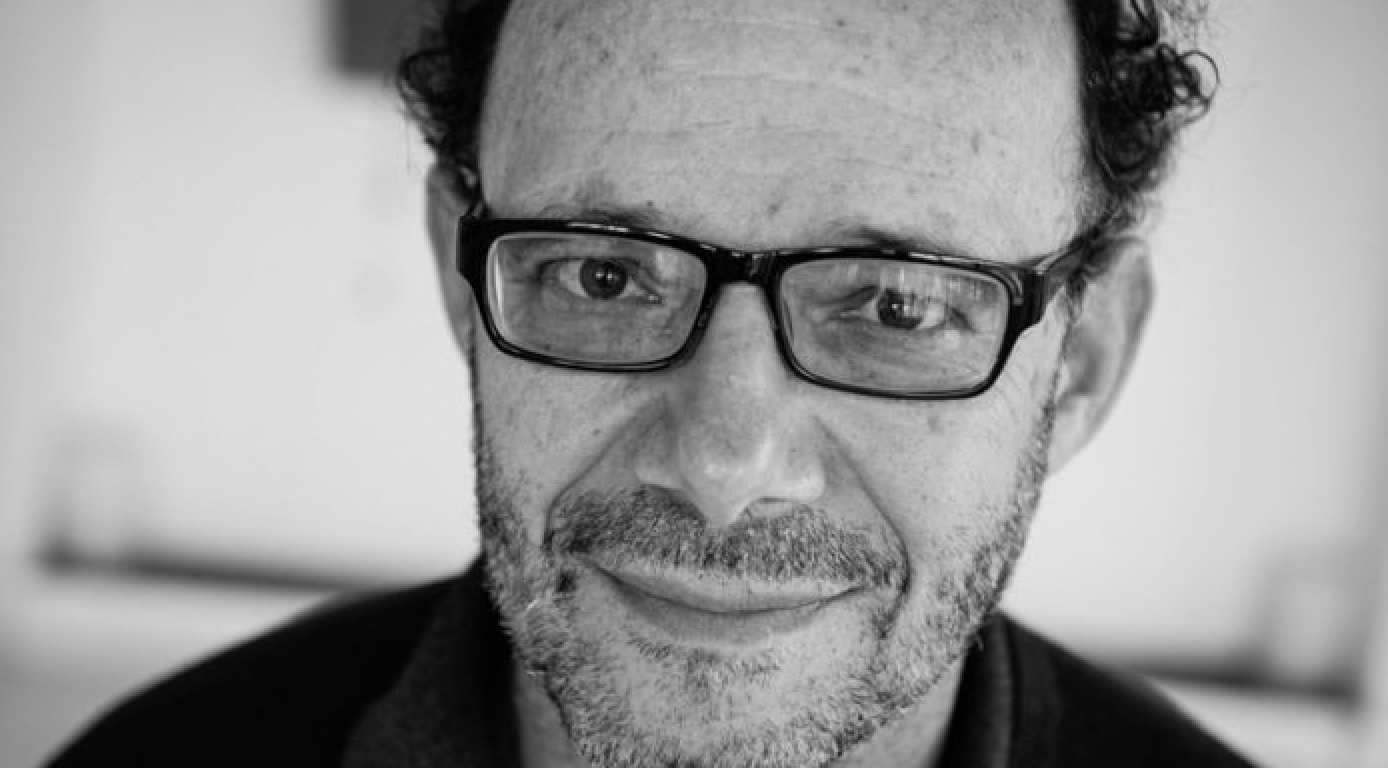For Ezequiel Fernández Moores, the coverage of the World Cup was his gateway to sports journalism, as options were limited due to the ferocious dictatorship in his country.
“My best edition, I always say it will be the next one,” Ezequiel Fernández Moores told Doha News in an exclusive interview when reflecting on his favourite World Cup edition.
A household name in the journalism industry, Ezequiel Fernández Moores is a journalist, radio host, and author who started his career by reporting on the 1978 World Cup in Argentina.
Ezequiel Fernández Moores traveled to Qatar to cover his ninth FIFA tournament with the hopes of witnessing greatness on and off the pitch, which evidently he did.
“Russia, for me, was fantastic. Traveling with free trains throughout Russia was a fantastic moment for me, and knowing a country that was really far for me was new,” Ezequiel Fernández Moores said to Doha News.
The 2018 World Cup in Russia was a game-changer for more than one reason: it supplied free “hotels on rails” for those visiting the country that zig-zagged and crisscrossed to matches that were held through Eastern Europe and Northern Asia.
For Ezequiel Fernández Moores, the mass scale of the tournament nourished a panorama journey reminding him of the 2014 World Cup in Brazil.
“In Brazil, I rented a car with colleagues and we traveled 7,000km for all of Brazil.”
The 2014 tournament was a special one for Ezequiel Fernández Moores since it was held in South America, his home continent, and delivered a nail-biting moment for Argentines.
“Brazil was very near to Argentina, and I know a lot of people there, Argentina was in the final with Messi at the Maracana [Stadium],” said Ezequiel Fernández Moores.
South Africa’s hosting of the football spectacle was a special one for the Argentine reporter as it was held after the apartheid, a pivotal moment for the nation.
“South Africa with democracy after the apartheid was a very nice moment to be there.”
Ezequiel Fernández Moores describes Italy in 1990 and France in 1998 as “a party, people were so crazy about football.”
“The people were in the streets, celebrating, and it would be the first time France would win the World Cup,” Ezequiel Fernández Moores added.
“I was in Mexico in 1986 with the incredible Diego Maradona; I was there during the hand of god, and to be there at the moment was to be in the main scenarios of the history of the sport,” Ezequiel Fernández Moores told Doha News.
Where it all began
Ezequiel Fernández Moores was only 19 years old when he covered the 1978 World Cup in his home country Argentina.
For Ezequiel Fernández Moores, the coverage of the World Cup was his gateway to sports journalism, as options were limited due to the ferocious dictatorship within his country.
Ahead of the kickoff in June 1978, Argentines found themselves in a bloody military dictatorship that historians dub the ‘Dirty War’.
Still very young, Ezequiel Fernández Moores recalls the time as brutal and a period of manipulation as the government used the World Cup to sport wash human rights crimes.
“It was one of the cruelest dictatorships that we suffered in our story, and these people manipulated the World Cup, and I couldn’t understand clearly to write about it,” Ezequiel Fernández Moores told Doha News.
“I couldn’t understand what was happening at the moment, and the lesson for me was that before writing, I need to understand the story, or it will be impossible for me to explain the story to my readers.”
Thus, oblivious to the terrors surrounding him and the depths of those terrors, the World Cup allowed Moores to create a name for himself and, more importantly, become a part of a collective history.
Messidona
Upon inception, the Qatar World Cup was thought to be the last of Lionel Messi’s phenomenal career, as the superstar was set to bid farewell to football’s biggest stage and wear his boots for his country for one last time.
What was believed to be Messi’s last dance was a historic moment for millions of Argentines and football fanatics, including Ezequiel Fernández Moores.
Prior to the tournament, Ezequiel Fernández Moores said: “There’s a great expectation here with the people. Many years ago, people would say Messi played for Barcelona and not the national team; he’s good there, but he’s ugly here.”
“But the people now finally realise that he’s here, and they are with him, all the people are with him. We say he deserves to win a World Cup because he’s done so much for football.”
Speaking about Qatar’s hosting of the World Cup, Ezequiel Fernández Moores believes the criticism of the country is due to it being a new entertainer in the sports sector.
“There are a lot of voices against Qatar because Qatar is a new actor in the big scenario. How did Qatar win a tournament that the USA was trying to organise? How did Qatar win the FIFA bidding?”
“Well, Qatar won; Qatar played the rules that were there. Qatar is a new one in the scenario, and the old ones aren’t happy with the situation.”







